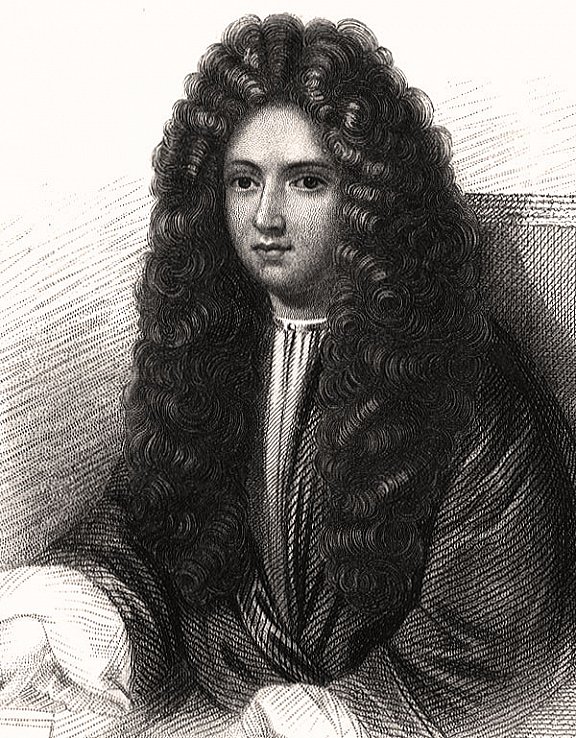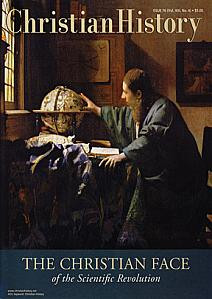Robert Boyle Converted in a Thunderstorm

Young Robert Boyle.
CONVERSIONS to Christianity come through many different circumstances. For thirteen-year-old Robert Boyle, a thunderstorm was God’s means of showing him his sorry spiritual state. Son of an earl with large holdings in Ireland, the boy was studying abroad in Switzerland. He had already shown a serious desire to live righteously and was known for telling the truth, even when it meant he might get into trouble. He nicknamed himself Philaretus, meaning “fond of virtue.” However, he was not truly converted.
On this night, 29 December 1640, booming claps of unseasonable thunder awakened “Philaretus.” Writing of himself in the third person Boyle said, “and every clap was both preceded and attended with flashes of lightning so frequent and so dazzling, that Philaretus began to imagine them the sallies of that fire that must consume the world...Whereupon the consideration of his unpreparedness to welcome it [the judgment], and the hideousness of being surprised by it in an unfit condition, made him resolve and vow, that if his fears were that night disappointed, all his future additions to his life should be more religiously and watchfully employed….The morning came, and a serene cloudless sky returned, [whereupon] he ratified his determination so solemnly, that from that day he dated his conversion.”
Even so, a huge impediment kept Boyle from peace. The science of the day seemed hopelessly at odds with the Bible. How could God’s revealed truth be at odds with nature? The stress between reason and revelation was so great that Boyle would have committed suicide if he did not believe it was a sin to do so. Instead, he commenced scientific inquiries that made him a leading scientist, disposing of many commonly accepted errors.
Boyle based his work on careful experiments. He recorded the results in papers, describing his apparatus and procedures—the form of scientific reporting that is still used. His work refuted alchemy and helped establish the science of chemistry. His greatest discovery was Boyle’s Law of Gases, which he discovered when replying to Hobbes who, basing his arguments on Aristotle, said a vacuum was impossible. Boyle was also a founder of the Royal Society, the world’s first known scientific society, and the writer of popular books that described the latest scientific findings. His accomplishments came despite bouts of paralysis and frequent occurrences of excruciating kidney stones.
Deeply committed to Christianity, Boyle funded Bible translation, mission endeavors, and wrote religious works for the public. Among these was his Occasional Meditations, which spoke frankly to the reader of sin and Christ: “He that resolves not to renounce his sins, till he thinks Christ ready to renounce him for them, may very probably lose his soul, and has most certainly lost his ingenuity.”
—Dan Graves
----- ----- -----
For more on Boyle, read "A Priest Serving in Nature’s Temple" in Christian History #76, The Christian Face of the Scientific Revolution






